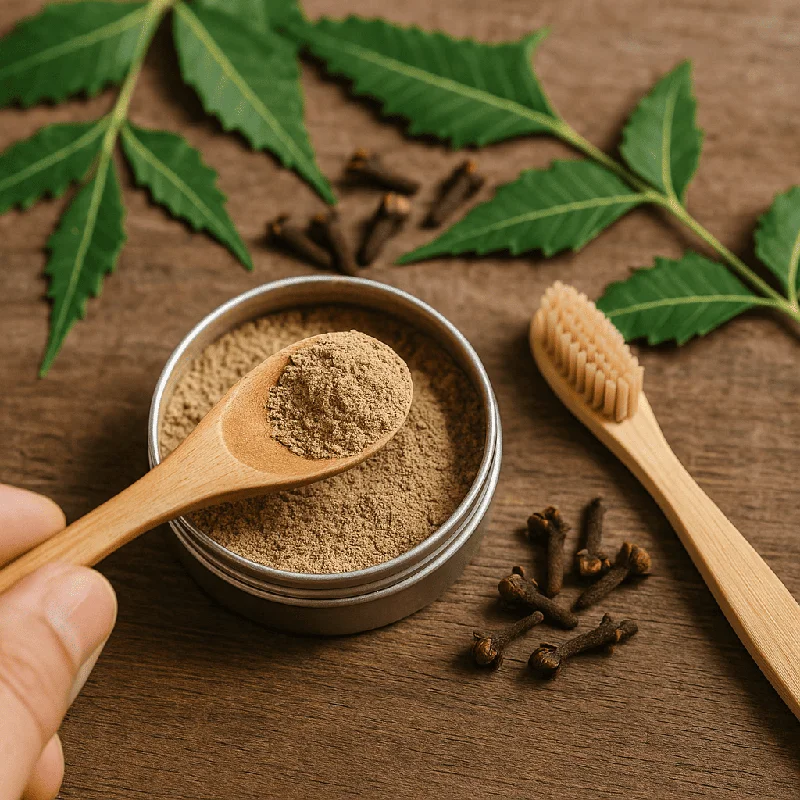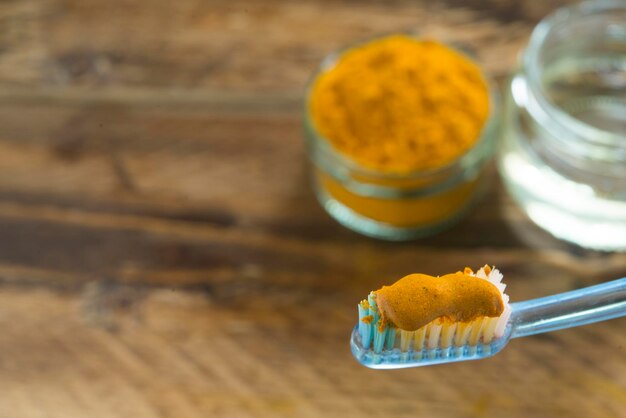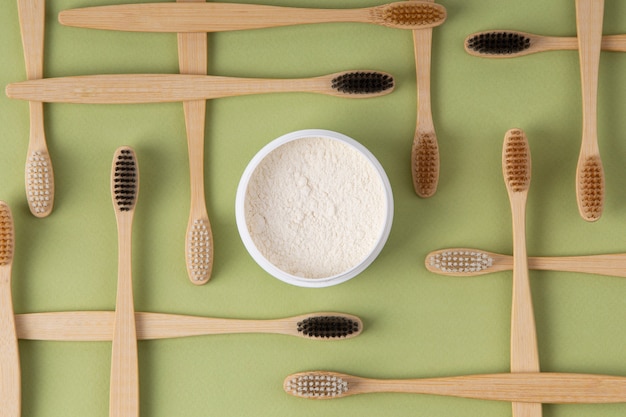Best Manjan for Teeth – Ayurvedic Oral Care for a Bright Smile

Introduction to Ayurvedic Manjan
Manjan is a time-honored Ayurvedic dental powder used for maintaining oral hygiene and achieving a bright, healthy smile. Known for its natural cleansing and antibacterial properties, the best manjan for teeth harnesses the power of herbs and spices to remove plaque, whiten teeth, and promote gum health. Incorporating manjan into your daily oral care routine can help you avoid chemical-laden toothpaste while embracing a natural, holistic approach to dental care.
Don't wait or self medicate. Start chat with Doctor NOW
Historical Roots & Ayurvedic Significance
Ayurvedic texts have long recommended manjan as a key component of oral hygiene. Traditionally, manjan was prepared using a blend of medicinal herbs, spices, and natural abrasives that not only cleaned the teeth but also strengthened the gums. The ancient Ayurvedic concept of “dinacharya” (daily routine) emphasized the use of manjan to remove toxins (ama) from the mouth and maintain the balance of Vata and Kapha doshas, which are crucial for oral health. This tradition continues today as modern consumers seek natural alternatives for dental care.
Key Components & Therapeutic Benefits
1. Composition of Manjan for Teeth
The best manjan for teeth is formulated with a combination of potent Ayurvedic ingredients, including:
- Neem (Azadirachta indica): Renowned for its antibacterial properties, neem helps fight oral infections and reduces plaque.
- Turmeric (Curcuma longa): A natural anti-inflammatory and antiseptic that aids in gum health and whitening.
- Babul (Acacia arabica): Provides gentle abrasiveness to remove stains and polish teeth.
- Clove (Syzygium aromaticum): Offers analgesic properties and combats bad breath.
- Licorice (Glycyrrhiza glabra): Soothes inflamed gums and supports overall oral health.
2. Benefits for Oral Health
The best manjan for teeth offers numerous benefits, such as:
- Teeth Whitening: The natural abrasives gently remove stains and promote a brighter smile.
- Gum Strengthening: Herbal extracts help reduce inflammation and strengthen the gums.
- Detoxification: By eliminating toxins (ama) from the oral cavity, manjan supports overall dental hygiene.
- Antibacterial Action: Its potent antimicrobial properties fight plaque and prevent cavities.
- Fresh Breath: Natural ingredients help neutralize odors, leaving your mouth fresh and clean.
3. Holistic Approach to Dental Care
Using manjan as part of your daily oral care routine supports a holistic approach to dental health. Not only does it clean and polish the teeth, but it also helps maintain the overall balance of the oral environment, aligning with Ayurvedic principles that emphasize natural, toxin-free living.
How Manjan Works: The Science Behind the Formula
Manjan works by combining the mechanical action of mild abrasives with the therapeutic properties of herbal extracts. The fine powders gently scrub away plaque and surface stains while releasing bioactive compounds that fight bacteria and soothe inflammation. Over time, regular use of the best manjan for teeth leads to improved gum health, reduced plaque buildup, and a naturally whiter smile. This dual-action mechanism provides both immediate cleaning and long-term oral care benefits.
Choosing the Right Manjan & Professional Guidance
To ensure optimal results when using manjan for teeth, consider the following tips:
- Consult an Ayurvedic Practitioner: Personalized advice can help determine the right formulation for your unique dental needs.
- Select Authentic Products: Choose manjan from reputable Ayurvedic pharmacies or trusted online sources to guarantee quality and purity.
- Integrate with Daily Routine: Use manjan consistently as part of your daily dental care, along with proper brushing and rinsing.
Recommended Dosage & How to Use Manjan
The recommended usage of manjan is simple and easy to incorporate into your daily routine:
- Application: Place a small amount of manjan powder on a clean, wet toothbrush.
- Brushing: Gently brush your teeth for 2-3 minutes, focusing on all surfaces.
- Rinsing: Rinse thoroughly with water to remove all traces of the powder.
- Frequency: Use manjan once daily, ideally in the evening after meals, or as advised by your Ayurvedic practitioner.
Potential Side Effects & Precautions
While manjan is generally safe for daily use, keep these precautions in mind:
- Mild Abrasiveness: Overuse or aggressive brushing may lead to enamel wear; use gently.
- Allergic Reactions: Test on a small area first if you have sensitive skin or allergies to herbal ingredients.
- Consultation: Pregnant or nursing women, or those with specific dental conditions, should consult a healthcare provider before use.
Frequently Asked Questions For Best Manjan for Teeth
What is the best manjan for teeth?
The best manjan for teeth is a traditional Ayurvedic dental powder formulated with natural ingredients like neem, turmeric, babul, clove, and licorice to clean, whiten, and protect your teeth.
How does manjan improve oral health?
Manjan improves oral health by gently scrubbing away plaque and stains, detoxifying the mouth, and providing antibacterial action to prevent cavities and gum inflammation.
Can manjan replace conventional toothpaste?
Yes, many people use manjan as a natural alternative to conventional toothpaste. However, it can also be used alongside regular dental care for enhanced benefits.
How often should I use manjan for teeth?
It is generally recommended to use manjan once daily, preferably in the evening after meals, to achieve optimal oral health without overuse.
Is manjan safe for sensitive teeth?
When used gently and in the right amount, manjan is safe for sensitive teeth. Start with a small quantity and consult a dental professional if you experience any discomfort.
Where can I purchase authentic Ayurvedic manjan?
Authentic Ayurvedic manjan can be purchased from certified Ayurvedic pharmacies, reputable online stores, or directly through certified Ayurvedic practitioners.
Are there any side effects of using manjan?
While manjan is safe for most people, overuse or aggressive brushing may cause enamel wear. It is important to use it as directed and monitor your dental health.
Conclusion & Expert Insights
The best manjan for teeth offers a natural and effective solution for maintaining oral hygiene and achieving a radiant smile. By harnessing the power of Ayurvedic herbs and traditional methods, manjan not only cleans and whitens the teeth but also strengthens the gums and detoxifies the oral cavity. Incorporate this time-tested remedy into your daily routine for a healthier, brighter smile and overall improved oral health. Always consult an Ayurvedic practitioner for personalized advice and guidance.
References & Further Reading
- Sharma, P.V. (1995). Ayurvedic Healing: A Comprehensive Guide.
- Lad, V. (2002). Ayurveda: The Science of Self-Healing.
- National Institute of Ayurveda:
- Journal of Ayurveda and Integrative Medicine for research articles on herbal oral care.
Got any more questions?
Ask Ayurvedic doctor a question and get a consultation online on the problem of your concern in a free or paid mode.
More than 2,000 experienced doctors work and wait for your questions on our site and help users to solve their health problems every day.



